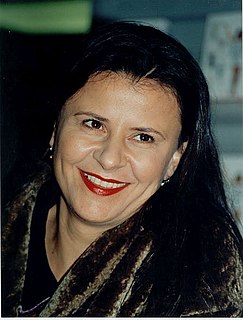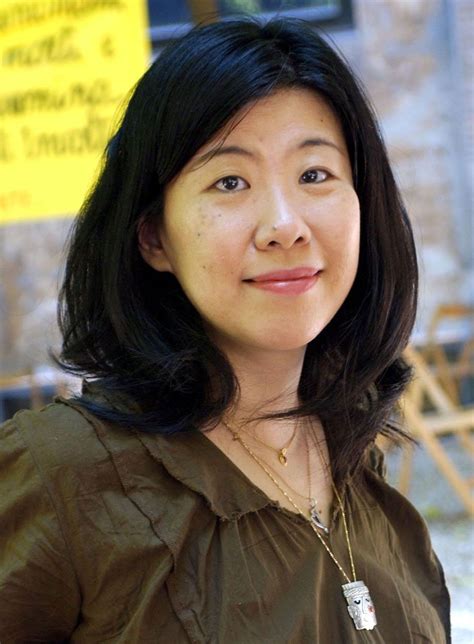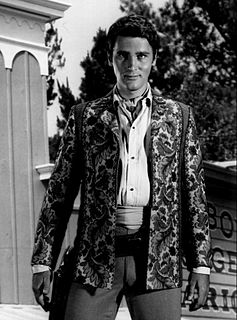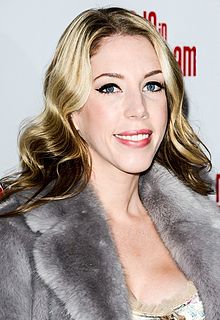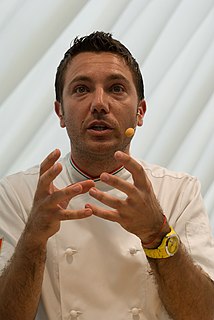A Quote by Tracey Ullman
I never wanted to do political satire because it seems too surface to me.
Related Quotes
It’s a marvelous thing, the ocean. For some reason when two people sit together looking out at it, they stop caring whether they talk or stay silent. You never get tired of watching it. And no matter how rough the waves get, you’re never bothered by the noise the water makes by the commotion of the surface - it never seems too loud, or too wild.
What happened was, I always wanted to be a singer/songwriter kind of guy like a James Taylor or Crosby, Stills and Nash type of thing; I went to a lot of coffee houses and used to watch all those guys, but I never had the nerve to get up and do it because singing seems so personal and intimate to me. It was too revealing.
I'm not good for you. I don't know why you make me want you so bad. I was angry with myself when I said all that earlier. I was mad because I wanted you in a way I'd never experienced before. Before you, I just wanted to excel in football and school. I wanted my parents to be proud of me. But now, I want other things too. You get to me in a way I don't understand
There is this looking at the world as shapes and patterns and colors that have meaning, and you can't deny the superficial because the superficial is what meets the eye. The content can never be disconnected from the surface, and this active interest in surface can never be disregarded from the good art that we admire.
I just think everyone knows you go on those [political satire] shows if you're a politician to, "humanize yourself" - to show, "Hey, I can take a joke." Well, why should satire be in the service of humanizing these people who are supposed to be the target of our venom and vitriol? I think that's unseemly.
Audrey, it seems to me, never strove or hoped to leave a lasting legacy with her films - she was far too modest for that. But what I think she would have wanted, had she been given more time, would have been to continue her work for children because she knew that is a task with so much to be accomplished.
